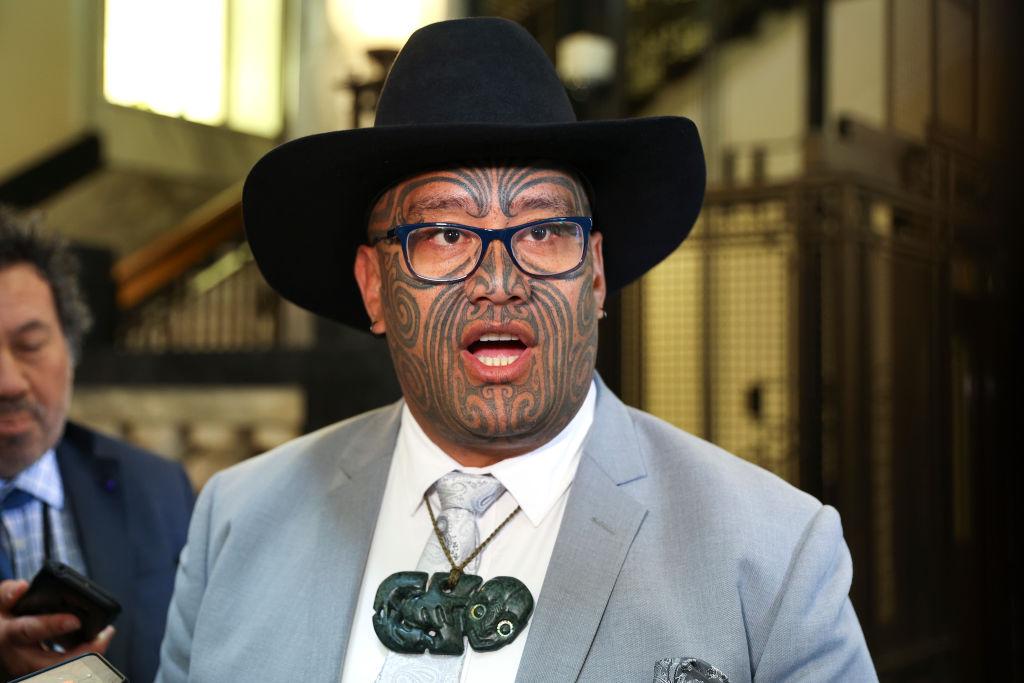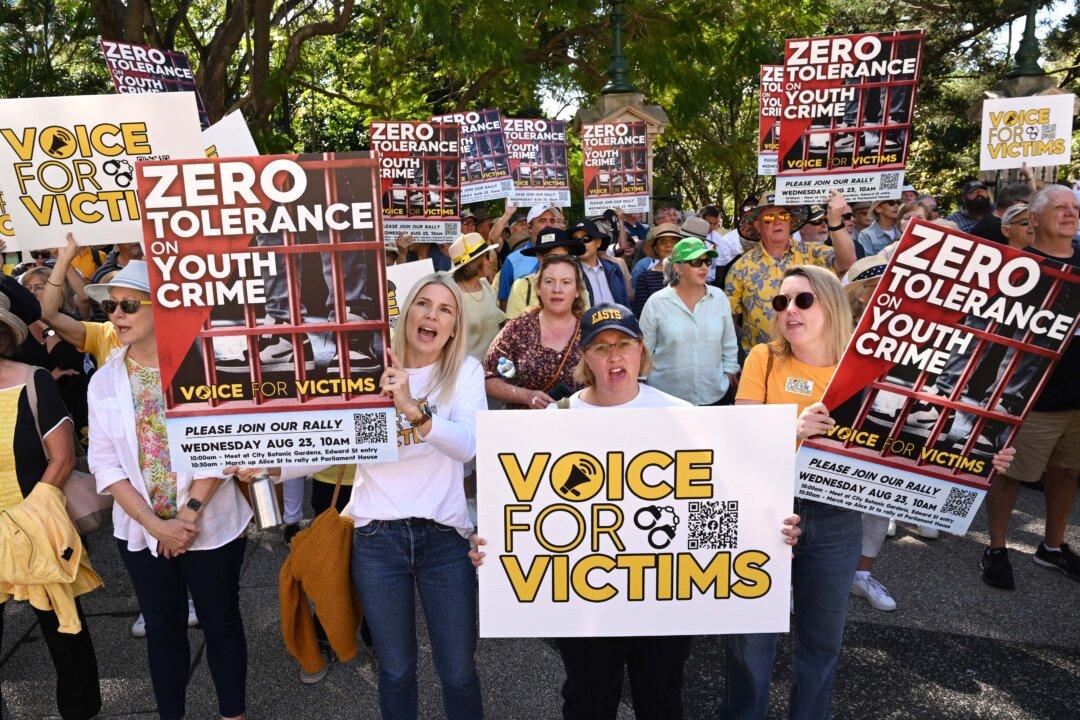“It is for us to govern ourselves,” he said. “What is the greatest gift we can give to our grandchildren? It is unity. Therefore we must govern ourselves. Let’s stand up our Māori Parliament.”
The party’s other leader, Debbie Ngarewa-Packer, also had a strong message for the government, which she described as a “three-headed taniwha [monster].”
Although officially part of the opposition, The Māori Party did not take part in the official welcome on Feb. 4.
“We are not a subset of Labour,” Ms. Ngarewa-Packer said, adding her party was part of a “Mana Motuhake”—a united movement of Māori—and it “must stand where the call for unity and righteous anger belongs.”
The party sits with the former governing party, the Labour Party, and the Green Party as the main opposition to the tri-party government, which comprises the National Party, the nationalist NZ First, and the libertarian ACT.‘We’re the Party No One Wants’
Mr. Waititi added: “Māori have been in opposition since 1840. Not so long ago Labour didn’t want us, we were the party no one wants, so we’re standing with Mana Motuhake so we can just be us.”
Labour Party MP Kelvin Davis, who was deputy leader until 2023, said he was disappointed the full opposition did not join together.
Many tribal representatives made similar comments, including Ngāti Kahungunu leader Bayden Barber, who said it was important the gathering discussed the Treaty at Waitangi.“We have come here to fight, we have come here to share thoughts and strategies with you, Ngāpuhi, on how we move forward.
“Unite, unite, for we must be united. Remain steadfast te iwi Māori,” he said, adding that the government had got it wrong if it thought it could push Māori down.
For the first time, the gathering officially includes representatives of the two other major forces in Māoridom, the Rātana Church and the Kīngitanga movement, meaning the government faces a united front when it seeks to alter the relationship between Māori and the Crown.




